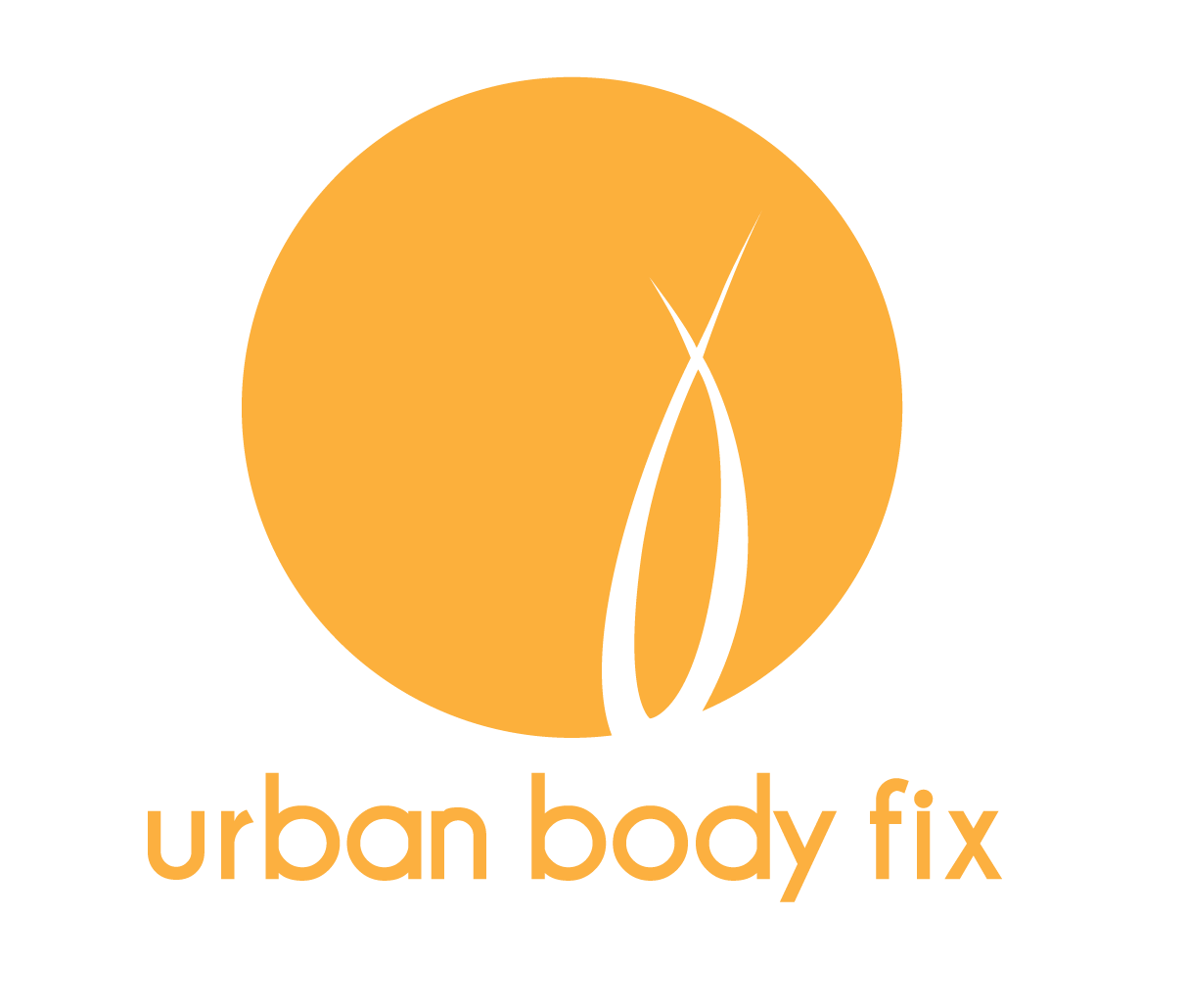Today’s reminder: Take your Vitamins!
Incorporating vitamins and supplements is a part of a self-love routine. Vitamins and minerals, along with other nutrients like proteins, carbs, and dietary fats, help our bodies grow and flourish. Vitamins perform a variety of functions in the body to keep it running smoothly. Some vitamins help you fight infections and keep your nerves healthy, while others may aid in the digestion of food or the efficient clotting of your blood. Just like Vitamins, minerals are factors present on the soil and in foods that our bodies require to operate effectively. Some minerals, such as iodine and fluoride, are only required in trace amounts. While others, including calcium, magnesium, and potassium, are required in greater quantities. Today's reminder is for you to take the vitamins that your body needs. You don't need them all, but it depends on your deficiency, and you may always talk to your doctor about it. Remember that this is a step toward self-care, and we care about your well-being. So, let's go through all of the necessary vitamins, why our bodies require them, and where we may get them.
Vitamin A
This vitamin is essential for cell growth and evolution. It ensures that your heart, lungs, liver, and other organs are in good operating order. This fat-soluble vitamin can be found in a variety of foods. It's necessary for healthy vision, immunity, and reproduction. It may also aid in the prevention of cancer and acne. It may also aid in the treatment of acne and wrinkles.
Source: Top sources of vitamin A are from salmon, broccoli, carrots, avocado, squash, green veggies, apricots, mangoes, beef liver and cantaloupe.
Vitamin B
To begin, we must understand that Vitamin B contains eight different vital nutrient such as B1 thiamin, B2 riboflavin, B3 niacin, B5 pantothenic acid, B6 pyridoxine, B7 biotin, B9 folate and B12 cobalamin. Women who are pregnant, breastfeeding, or planning to become pregnant may require more B vitamins, especially folate (B9), which has been found to reduce the risk of birth abnormalities. If you have pernicious anemia or are a vegan or vegetarian, you may require additional B12.
Source: Meat, chicken, fish, organ meats, eggs, legumes, seeds, nuts, whole grains, and fortified cereals, breads, and pastas are all excellent sources of vitamin B.
Vitamin C
Vitamin C, I believe, can repair anything, and not only do we appreciate Vitamin C, but we also enjoy Vitamin Sea. Vitamin C, also known as ascorbic acid, improves iron absorption from plant-based diets and supplements and stimulates the immune system. Vitamin C protects our cells from free radical damage because it is an antioxidant. It also helps our bodies generate collagen, which assists wound healing.
Source: Citrus fruits and juices, kiwis, red and green peppers, strawberries, cantaloupe, broccoli, brussels sprouts, tomatoes, tomato juice, and baked potatoes are all good sources of vitamin C and retains the folate B6 with the skin on.
Vitamin D
Vitamin D, also known as “sunshine Vitamin” helps aid in the formation of healthy bones by assisting the absorption of calcium from food and supplements. It also improves the immune system's performance. Supplements may be needed by those who avoid the sun or use sunscreen to prevent skin cancer, as well as those who have a malabsorption problem, in which the body has difficulties absorbing nutrients.
Source: Vitamin D isn't found in many foods naturally, but Urban Body Fix is here to help. NutraMetrix Isotonix Vitamin D with K2 contains vitamin D3, the metabolically active form of vitamin D, along with vitamin K2, a form of vitamin K which supports vascular health and calcium utilization. It’s a gluten free, vegetarian product which helps maintain bone health, maintain cardiovascular health, promotes healthy arteries, normal blood pressure and supports the immune system. Salmon, tuna, mackerel, beef liver, egg yolks, mushrooms, and milk are all good sources of vitamin D.
Vitamin E
Vitamin E protects fatty acids, keeps muscles and red blood cells healthy, and functions as an antioxidant. Vitamin E is also required for the body's immune system to fight off invading germs and viruses. It aids in the widening of blood arteries and the prevention of blood clotting inside them. Vitamin E supplements may help to avoid coronary heart disease, strengthen the immune system, and reduce inflammation.
Source: Sunflower, safflower, and wheatgerm oils, sunflower seeds, almonds, peanuts, spinach, Swiss chard, avocados, and butternut squash are all good sources of vitamin E.
Vitamin K
Vitamin K is a series of fat-soluble vitamins that aid in blood clotting, bone metabolism, and calcium regulation in the blood. Vitamin K is required to produce prothrombin, a protein and clotting factor involved in blood clotting and bone metabolism.
Source: Spinach, kale, lettuce, broccoli, soybeans, blueberries, figs, pork, cheese, eggs, and vegetable oils are all good sources of vitamin K.
So, let's make sure we're getting all of the vitamins we need and lead the way toward self-care by eating healthy and staying healthier. Follow @UrbanBodyFix for a healthy lifestyle.





